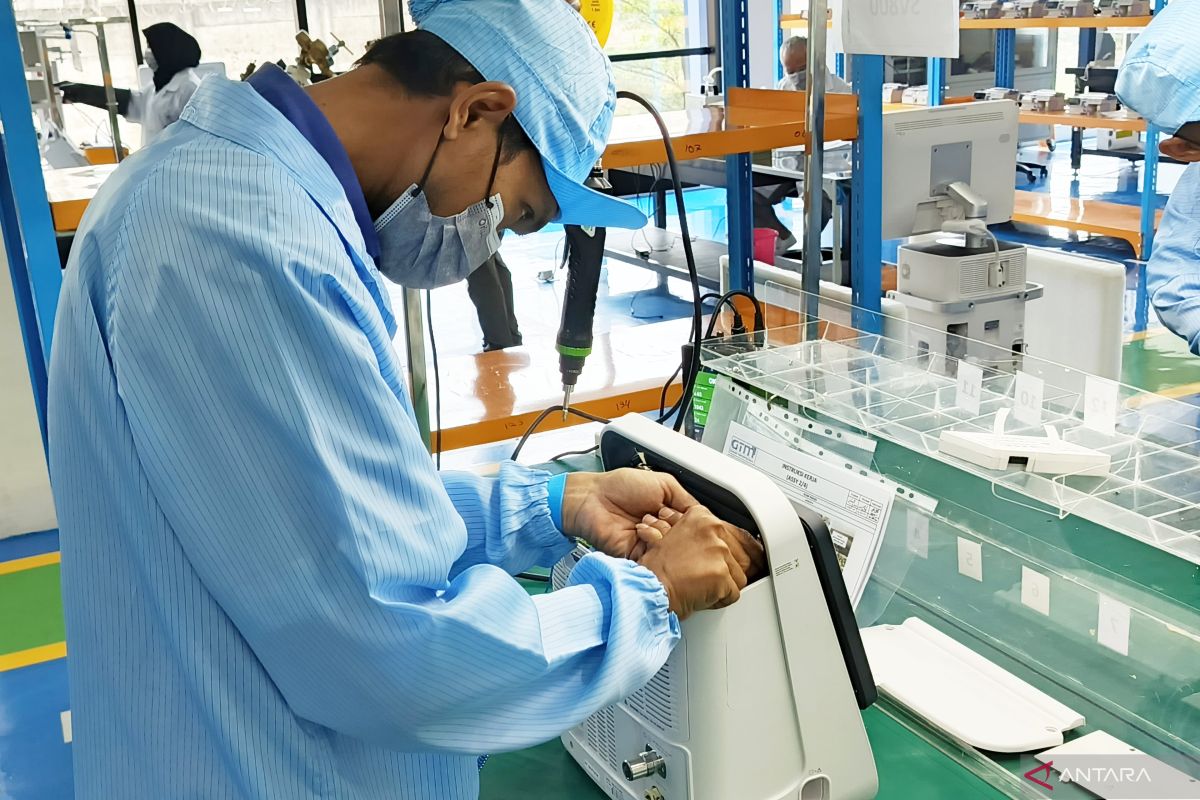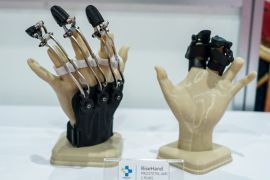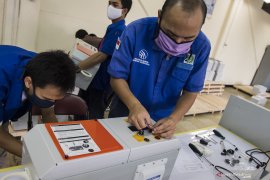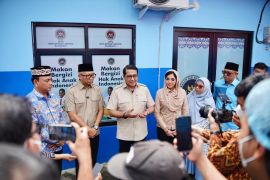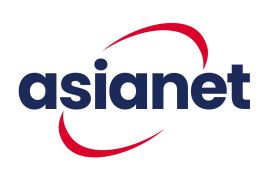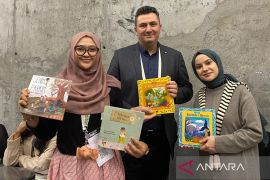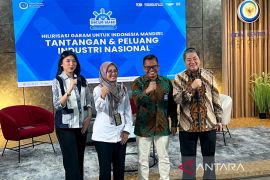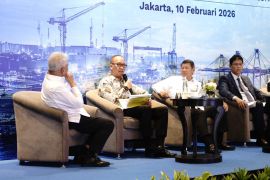"We're providing fiscal and non-fiscal incentives such as super tax deductions for R&D and vocational activities, along with easier licensing and financing facilitation, to accelerate the growth of the national medical device industry," said Solehan, Director of Machinery and Agricultural Equipment at the Industry Ministry, on Monday.
The ministry is also pushing for product standardization so local devices can compete globally. Producers are being assisted in meeting international standards such as ISO 13485, IEC 60601, and US FDA requirements.
These measures are part of a revised National Industrial Development Master Plan (RIPIN), which sets out a three-phase roadmap for the medical device industry through 2045.
From 2025 to 2029, the plan will focus on strengthening the industrial base by expanding production, substituting imports, and developing medium-tech medical devices.
Between 2030 and 2034, the emphasis will shift to competitiveness through high-tech mastery, automation, and entry into global markets.
From 2035 to 2045, the goal is full self-sufficiency with an export-oriented, innovation-driven industry supported by strong R&D.
The roadmap also includes supply chain development, vocational training, certification, and targeted incentives to ensure industry readiness.
"With this holistic approach, we hope the medical device industrialization roadmap can create a resilient, adaptive, and sustainable ecosystem ready to meet national healthcare needs, especially in critical and strategic sectors," Solehan said.
Related news: Medtech industry to boost ventilators, anesthetics export: Ministry
Related news: Indonesia urges local industry to cut medical device imports
Translator: Ahmad Muzdaffar Fauzan, Mecca Yumna
Editor: Anton Santoso
Copyright © ANTARA 2025
